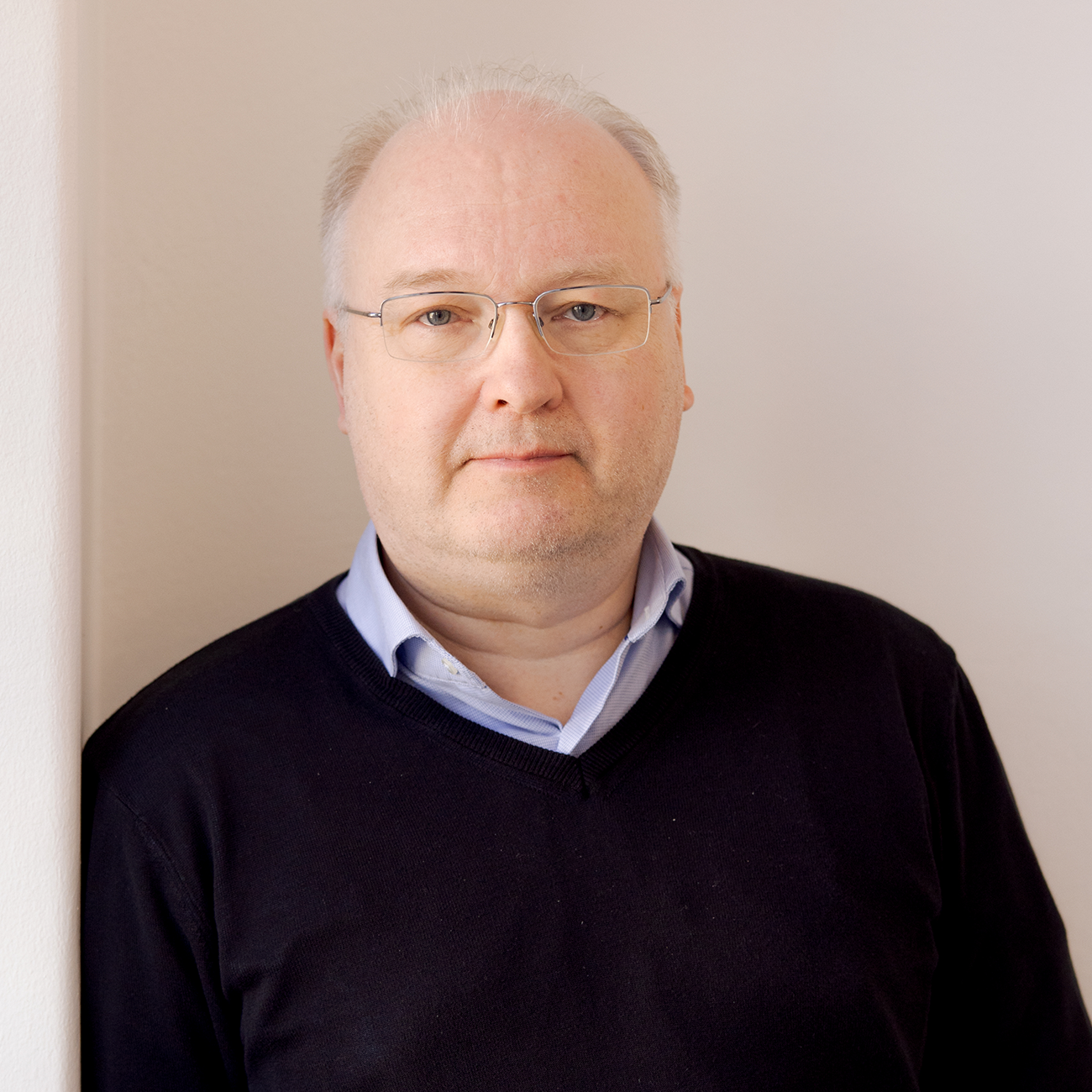Japanese innovation generates energy at Maria01 – Helsinki as a testbed attracts international companies
Helsinki and Tokyo are jointly promoting startup collaboration between cities. A Japanese company is testing its solution on the Testbed Helsinki platform, which is a global pioneer.
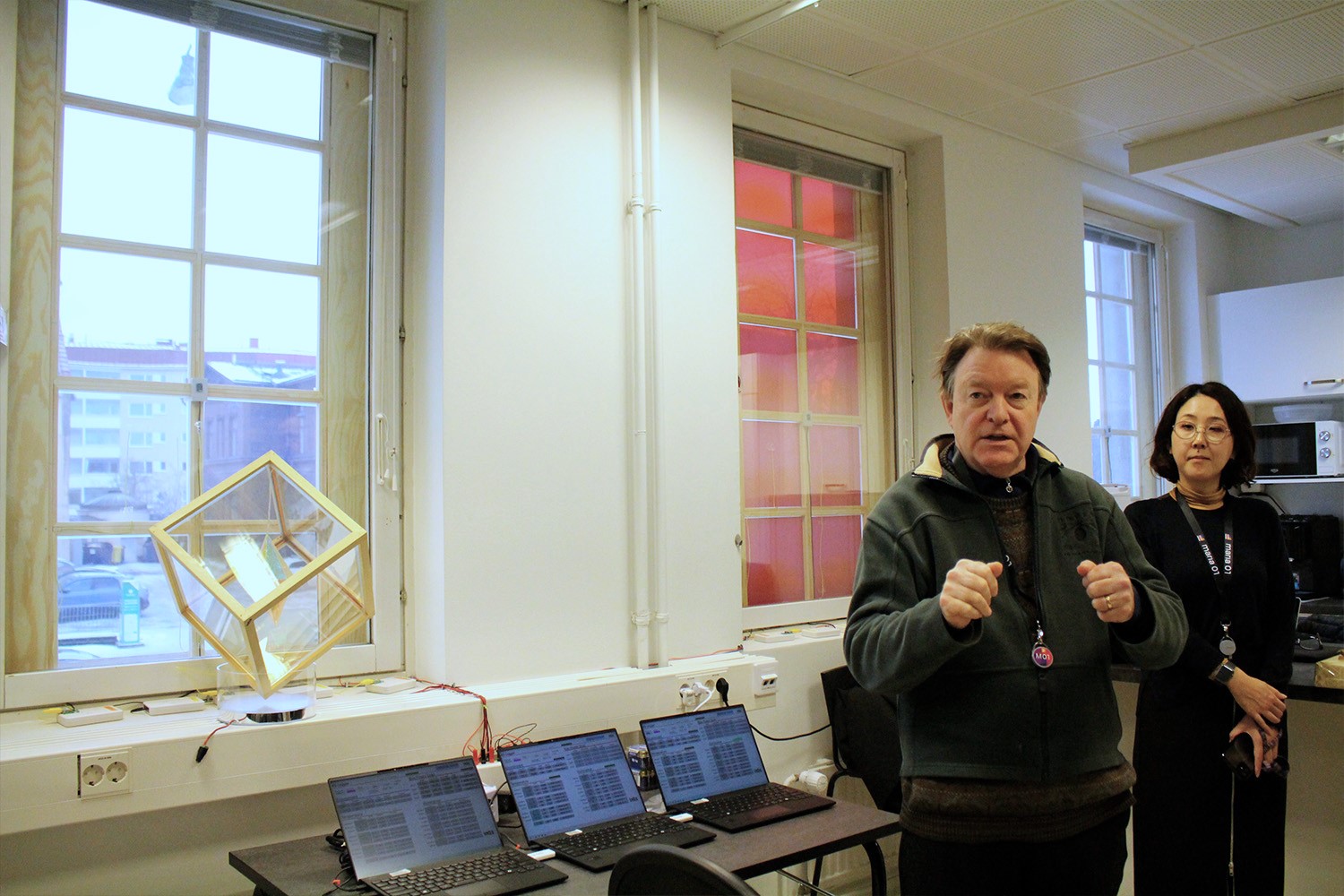
Representatives from the city of Tokyo and a group of Japanese companies visited Helsinki in August 2024 to learn about Helsinki’s innovation and testing platform activities. Five Japanese companies applied to participate in the Testbed Helsinki pilots. The company selected for the test period, inQs, develops and manufactures window panes that collect energy from light.
inQs develops window elements that collect energy from light. The efficient, environmentally friendly, and seamlessly integrated window elements being piloted are capable of collecting energy even from very low light.

Boosting product development
At the startup hub Maria01, a single red window reveals the location of inQs’s pilot. The company’s innovative window panes, which generate energy from the light they collect from their surroundings, were installed in the piloting space. They harvest energy from the UV and infrared spectra, in addition to regular light. The red tint should allow one of the windows to harvest more energy, as the tint helps the efficiency. On the table, there is a row of computers measuring the energy production results. A beautiful and slightly peculiar illuminated cube is placed on the windowsill. It effectively demonstrates the idea of the innovative window panes.
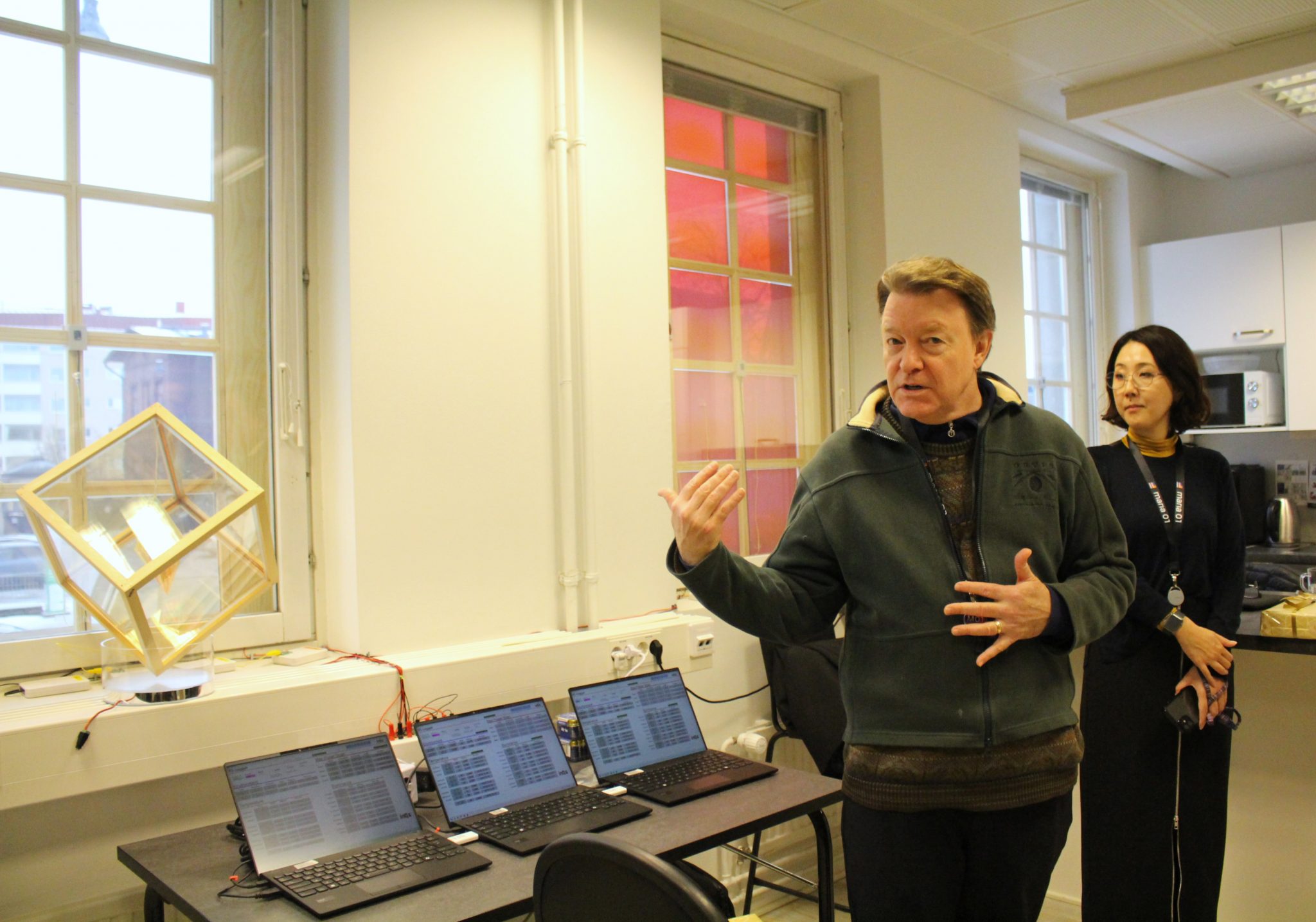
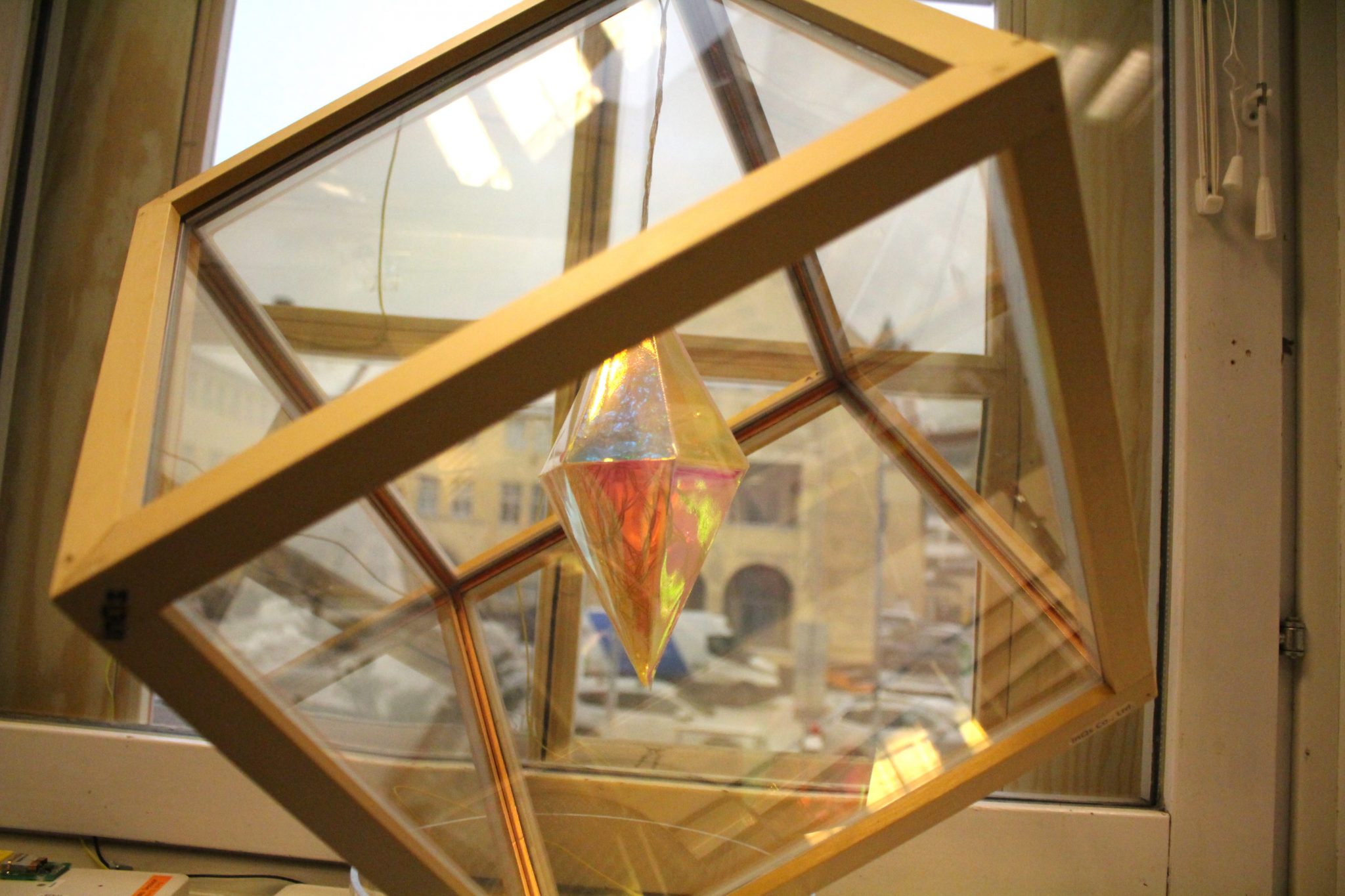
— We brought this with us from Tokyo. All the light inside the cube comes directly from the energy produced by our glass elements, says Rike Wootten, the Chief International Officer of inQs.
The innovative window panes can be used in a variety of ways in both public and residential buildings. The company has numerous visions for potential uses, depending on the energy production needs and visual preferences they should meet.
— In Helsinki, we have a unique opportunity to test the functionalities of our product at completely different latitudes and climate than in Japan. We hope to learn a lot from the pilot, including how we can develop our product to suit different environments, Wootten reflects, and continues:
— The pilot also provides us with evidence of what our solution is capable of. This is a good reference for marketing purposes.
More information about the trial results will be available in spring 2025.
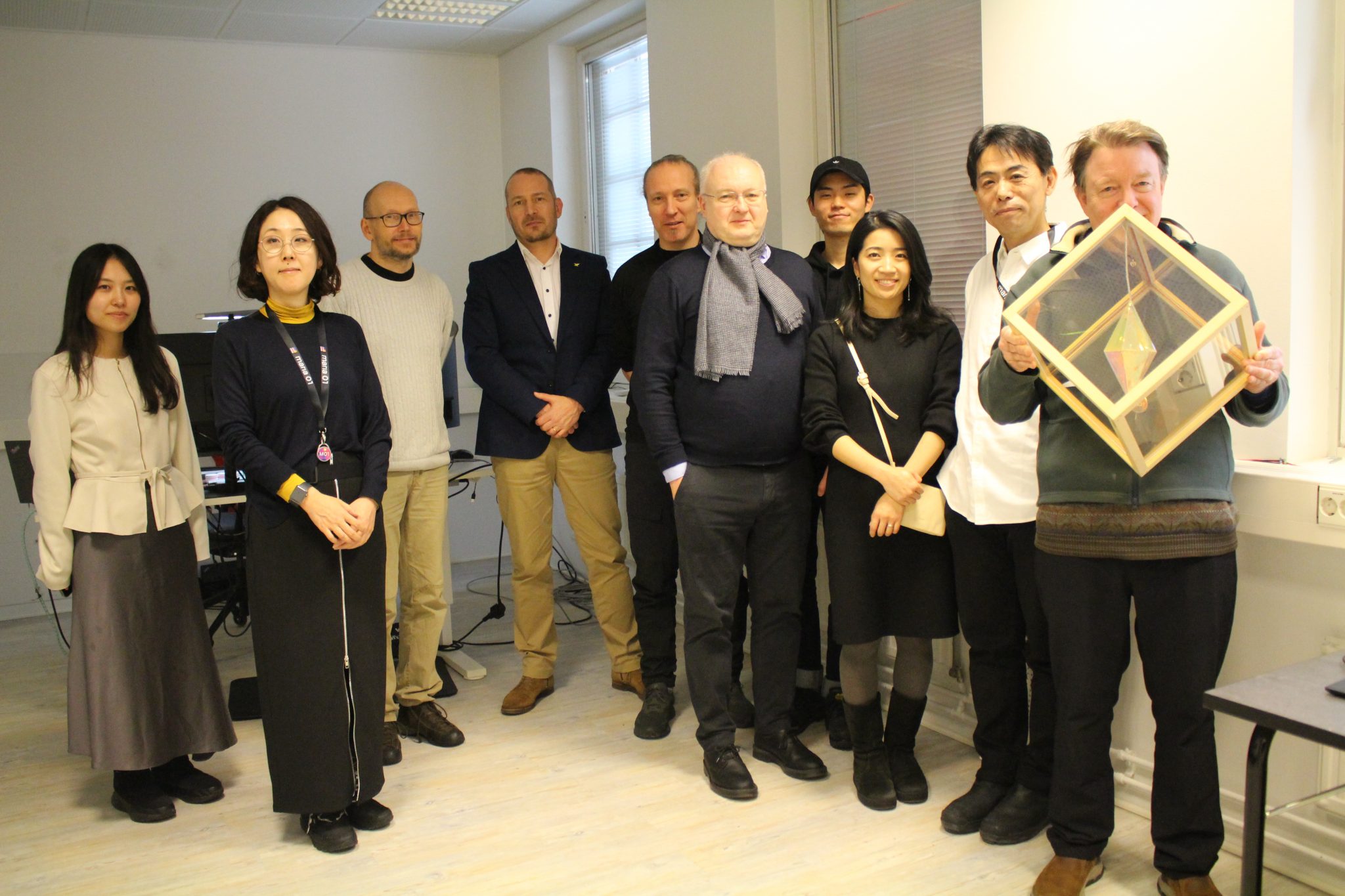
Testbed Helsinki goes global
Tokyo and Helsinki have similar plans to solve global challenges with new innovations. Helsinki is part of the G-NETS network established by the city of Tokyo. We also have visited events such as the SushiTech innovation event in Tokyo. Our common goal for pilot cooperation is to find interesting solutions to test in Helsinki. This could support companies’ expansion into Helsinki.
— It’s great that Testbed Helsinki’s activities interest international companies, rejoices Team Manager Kimmo Heinonen from Business Helsinki.
In addition to cooperation with Tokyo, the city’s testing platform has gained international fame in places like New York and Barcelona. Furthermore, our pilots have included companies founded in Finland by international experts as well as companies from other countries seeking to participate in our testbed activities. Our testbed has been praised and recognized as a pioneer in international discussions.
